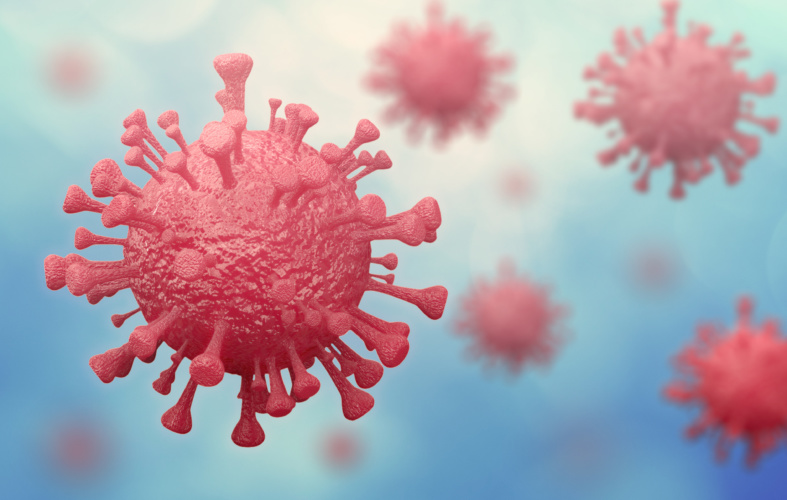New 3D-printed antiviral material could reduce COVID-19 spread
Researchers at Wolverhampton University have announced the development of an antiviral material which can be 3D printed and kills the COVID-19 virus.


The material is made from copper, silver and tungsten and was created using a selective laser melting (SLM) 3D printing technique, the team said.
Drawing on its expertise in 3D printing microbial biomaterials, the university’s Additive Manufacturing Functional Materials (AMFM) research group wanted to investigate antiviral materials that could help to reduce airborne and surface-based virus transmission.
Led by the university’s John Robinson, Dr Arun Arjunan and Dr Ahmad Baroutaji, the Wolverhampton researchers partnered with the Ángel Serrano-Aroca’s group from the Catholic University of Valencia’s Biomaterials and Bioengineering Lab for rapid material development and anti-Covid-19 viral analysis.
PhD researcher Robinson explained that with new variants emerging and a concern that a vaccine evasive strain could evolve, enhanced transmission control and prevention is essential.
3D printed smart swab could alleviate COVID-19 test concerns
Silver is known to have antimicrobial properties, however the cost can offer challenges for large-scale implementation, particularly regarding single-use products. Similarly, copper has been highlighted as having anti COVID-19 properties with the advantage of a lower cost compared to silver.
Register now to continue reading
Thanks for visiting The Engineer. You’ve now reached your monthly limit of news stories. Register for free to unlock unlimited access to all of our news coverage, as well as premium content including opinion, in-depth features and special reports.
Benefits of registering
-
In-depth insights and coverage of key emerging trends
-
Unrestricted access to special reports throughout the year
-
Daily technology news delivered straight to your inbox










Water Sector Talent Exodus Could Cripple The Sector
Maybe if things are essential for the running of a country and we want to pay a fair price we should be running these utilities on a not for profit...